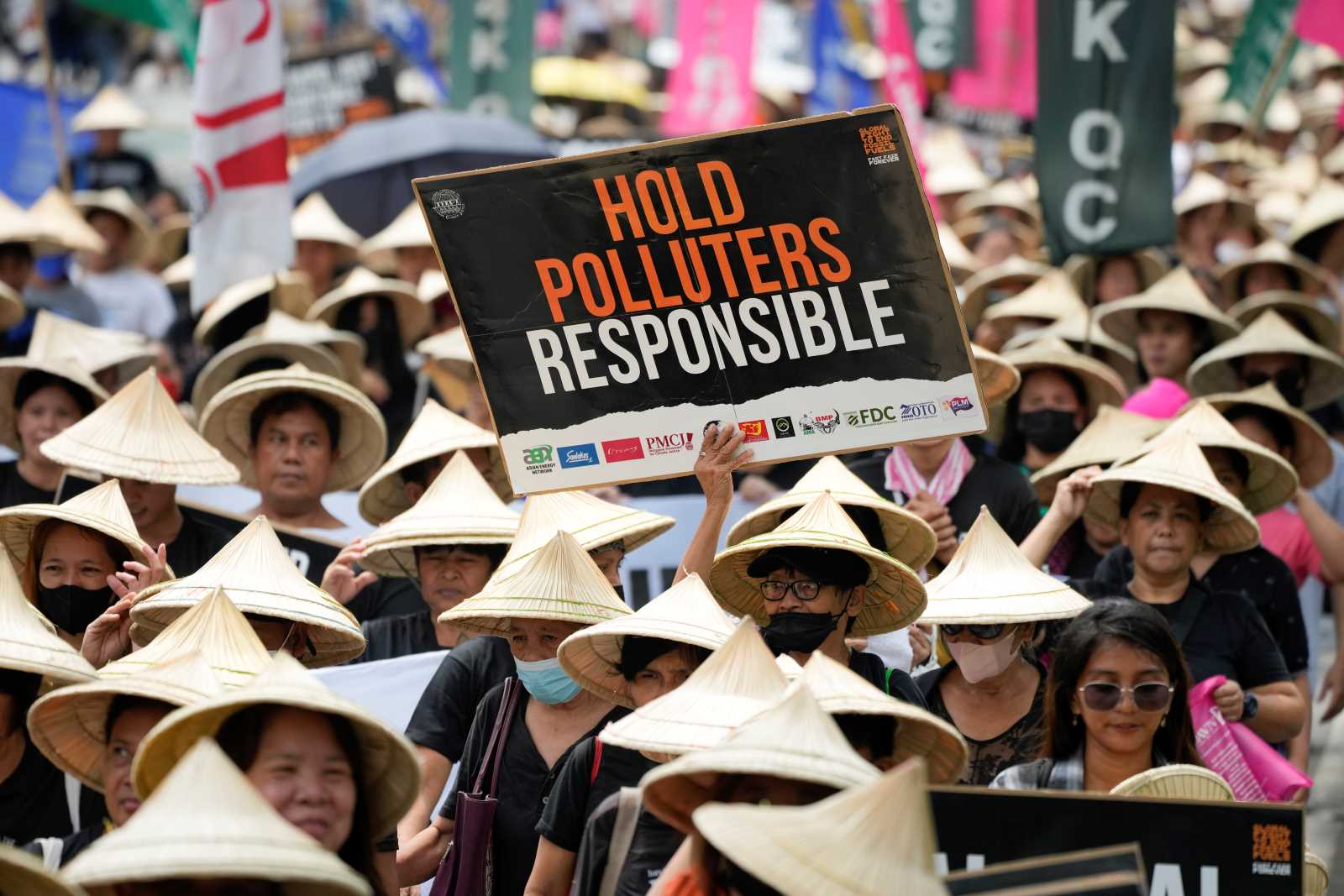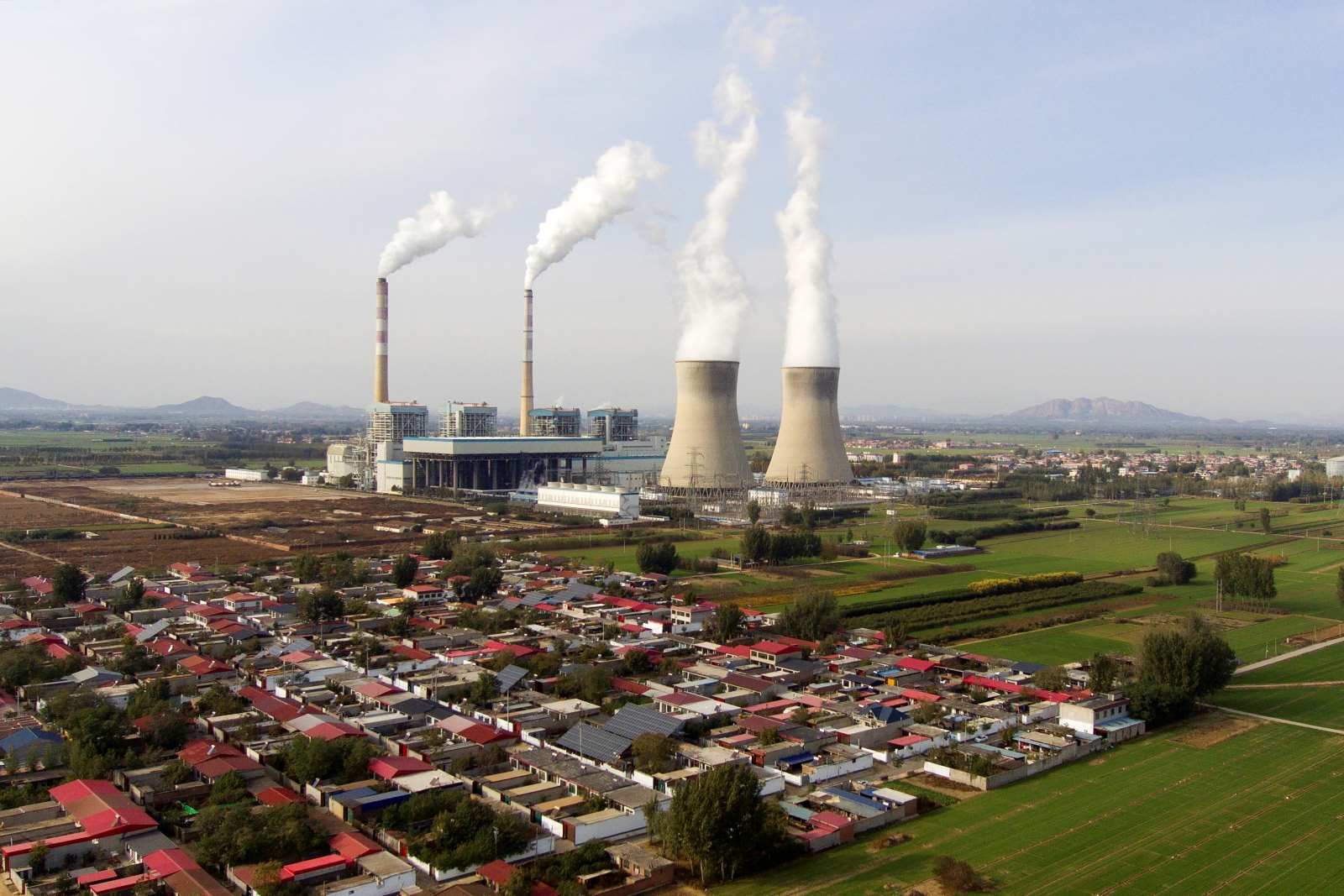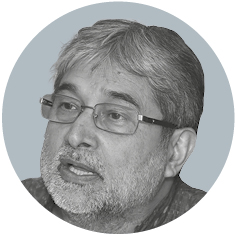Global sustainability
The reasons why global environmental policymaking has failed so far

Scientists have been warning since the early 1970s that human civilisation is destroying the natural environment it depends on. Today, humankind’s environmental self-destruction looks more likely than ever before even though the Earth Summit in Rio in 1992 adopted UN conventions in order to protect the climate and biodiversity as well as to stem the trend of desertification. Tangible policies have nonetheless remained too timid and too inconclusive to ensure a safe future on this planet for our species.
In a new book, the German sociologist Helmut Willke explains why this is so. He is a systems theorist and argues that modern society is marked by functional differentiation, with major social systems operating according to their own logic, but not paying much attention to the fate of society as a whole. Important examples are the economy, science and politics.
Willke does not see the escalating ecological crisis only as a consequence of political failure. In his eyes, it results from the disconnect of the big functional systems. Neither the economy nor science or politics can get a grip on the issues on their own, and they do not interact well. They revolve around different issues.
Self-centred social systems
The economy is basically focused on prices, revenues and incomes. Decision-makers have little use for information that does not have an immediate monetary impact. The kind of long-term warnings environmental scientists make therefore have very little bearing on economic activity.
Governmental action can, in theory, make environmental requirements financially relevant. Options include making polluters pay for damages or charging taxes for greenhousegas emissions. Doing so, however, is often inconvenient. Governments thus are unlikely to adopt policies that will cause difficulties and frictions. As Willke emphasises, the political system basically revolves around how to gain power and stay in power. Solving society’s problems is not entirely irrelevant, but secondary. In democracies, governments do not really plan beyond the next election. Once more, long-term warnings tend to fall on deaf ears.
According to Willke, science pays little attention to what drives businesses or policy-makers. This system is geared to creating new knowledge based on empirical evidence and theoretical reasoning.
One might say that these three important social systems are speaking different languages. Willke argues that functional systems of this kind are particularly strong because they are self-referential in this sense. The disconnect between them is thus the price society pays for having subsystems of unprecedented effectiveness and dynamism.
Updating Niklas Luhmann
This theoretical approach is not new. Niklas Luhmann, perhaps the most important German sociologist of the late 20th century, spelled it out in a short book in 1986. Willke has done a good job of updating the theory, taking into account the recent history of globalisation, global governance and climate talks. He mentions the climate summits of the early 2020s in Glasgow and Sharm el-Sheikh in his elaborations.
According to Willke, it is an additional huge problem that the economy and science have become global systems that transcend borders, whereas politics is still largely confined to nation states. Governments can pass laws – on carbon taxes, for example – that have an impact on prices, but business leaders will then consider whether to comply with the law or to shift operations to a foreign jurisdiction abroad. The effectiveness of national legislation is thus limited.
Moreover, the world economy has spawned an important subsystem, and this global financial system is largely ungoverned and unregulated. Because of its international nature, nation states are unable to control this financial system and, in cases of crisis, may find themselves at its mercy.
Indeed, huge financial service providers from the private sector were bailed out by national governments at the expense of taxpayers. After the crisis, these corporations’ business went on as usual, as though nothing had happened.
Protest movements are important, according to Willke, but their impact is limited. They largely remain ineffective unless they either change voting expectations in the political system or give rise to new business models in the economic one. Simply demanding that policymakers follow science, by contrast, does not make a difference because it does nothing to overcome the disconnect between science and politics.
The author thus makes it quite clear that the personal conscience of individual decision-makers does not matter much because systemic pressures force their hands. Corporate managers must focus on the annual balance sheet and policymakers must pay full attention to voter outreach. To some extent, progress is possible if voters understand long term risks and demand tangible policy action accordingly. It can also result from the global financial system becoming increasingly aware of the rising costs that environmental damage is causing, especially when central-bank policies force the private sector to take such costs into account.
Inklings of global governance
In Willke’s eyes, things look bleak, but not entirely hopeless. He appreciates that some, though limited international regulation has been emerging in various sectors in past decades. To a large extent, these examples of global governance result from multilateral and regional cooperation of nation states. Supranational institutions matter too.
Willke makes it absolutely clear that no nation state can rise to global challenges on its own. (Full disclosure: he was my PhD supervisor at Bielefeld University, so it is partly due to him that I have been making this case consistently in my role as editor of D+C/E+Z). He resents the kind of authoritarian populism that promises to promote the national interest whilst denying huge global challenges. It is a threat to democracy, as the author points out.
A weak point of his book, however, is that he does not really consider what authoritarian rule means in the context of systems theory. My hunch is that it allows governments to pay even less attention to the common good because voters can be disregarded in authoritarian contexts. The implication then is that government interventions into the economy and science become more likely, reducing those systems’ self-regulation on which their dynamism depends.
In Willke’s perspective, however, inklings of global governance are good, but remain frightfully inadequate regarding environmental risks. Willke acknowledges that to judge by current trends, the ecological transformation to sustainability is unlikely to happen as fast as needed. His proposal is to create something like a World Environmental Congress and involve stakeholders from science, business, civil society and governments.
This new institution would differ from UN climate summits. The problem with those summits, according to the systems theorist, is that they are expected to design global policies which they then cannot implement. The UN has no mandate for implementation and also lacks enforcement capacities. Willke suggests that a World Environmental Congress could prove more effective by proposing effective policy measures and then facilitating alliances of willing nation states which adopt them. Positive examples, he believes, would put pressure on others, in a similar way as the mounting costs of environmental damages are having an impact in the global financial system.
Inherent contradictions
While Willke’s assessment of global problems is quite convincing, the way out he proposes is less so. First, he spells out that functional systems are so strong because of their specific self-regulation. Science’s huge advancements, for example, are based on this system’s insulation from politics, the economy, religion, and other social systems. Nonetheless, Willke wants science to become more political, by bypassing governments and directly supporting underrepresented social interests.
In a similar paradoxical way, he demands that politics focus more on the common good and less on winning and staying in power. The big question is whether functional systems that specialise in specific areas can truly take into account the survival of global society. If they cannot, we are doomed – and so are the systems themselves. After all, any system that destroys the environment it depends on ultimately destroys itself.
References
Willke, H., 2023: Klimakrise und Gesellschaftstheorie. Frankfurt/New York, Campus (only available in German).
Luhmann, N., 1986: Ökologische Kommunikation. Opladen, Westdeutscher Verlag / 1989: Ecological communication. Cambridge, Polity Press
Hans Dembowski is the editor of D+C/E+Z.
euz.editor@dandc.eu
















